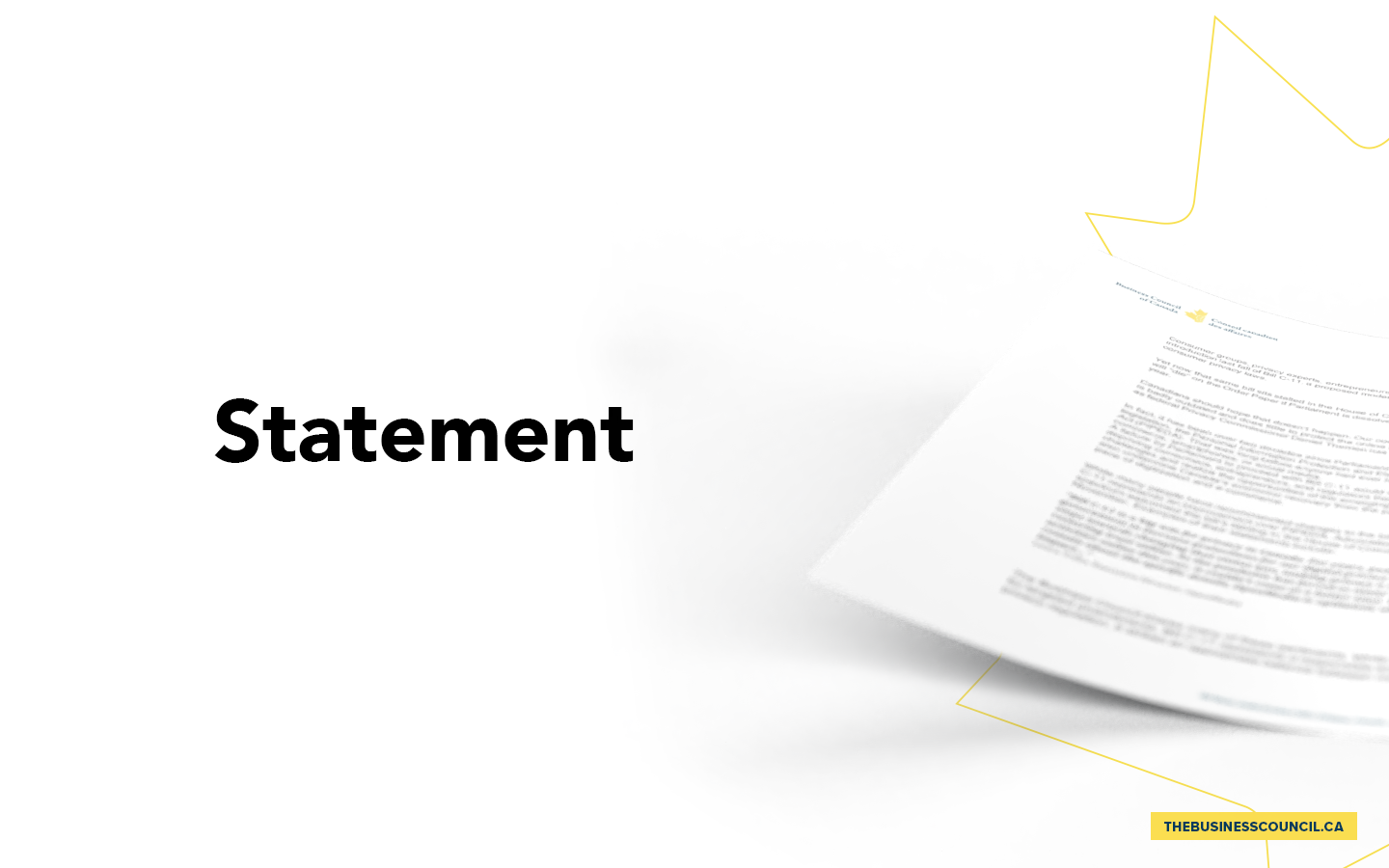Three things the federal government should do now to help workers and avoid an economic collapse
Governments across Canada must act with speed and urgency to address the economic implications of the COVID-19 pandemic. Canadians in need simply can’t afford to wait weeks for help.
Here are three things the federal government can and should do right now to help workers and avoid an economic collapse:
- Tell employers that if they pay laid-off workers an amount equal to what they are entitled to receive in Employment Insurance benefits, the government will reimburse the employer at a future date. (Some companies may be in a position to top up the maximum EI-insurable wage.) The key is to get money into the hands of individuals and families now rather than forcing them to wait in line when the EI system is overwhelmed.
- Announce significant new measures for companies in urgent need to ensure they have sufficient capital and liquidity. The U.S. federal government is today extending $850 billion in loans and other direct support to distressed companies so they can continue to operate and pay their employees. A similar rescue package in Canada would require at least $75 billion beyond the $10 billion already announced by Finance Minister Bill Morneau.
- Work with the provinces and territories to agree on a common definition of essential services. Many large companies have supply chains that extend across multiple jurisdictions. The fact that they may be deemed essential in one province is of little use if they are unable to secure supplies from other provinces where the definition of “essential” is narrower.
Immediate action on these three priorities will reduce the financial stress on workers, families and entrepreneurs during the health emergency. The goal must be to ensure that companies emerge from the crisis intact so that employment rebounds and the economy can recover.










